While JavaScript and TypeScript are the most used languages on web3, they're not the only players in the ecosystem. Let's explore the top languages that every aspiring web3 developer should consider learning.
Why Language Choice Matters in Web3
Web3 development goes beyond just writing code. You're building on decentralized networks, interacting with smart contracts, and navigating the complexities of blockchain technology. Choosing the right languages can significantly speed up your development process and save you countless hours of frustration.
We'll focus on languages used for:
-
Interacting with blockchains: Connecting to and communicating with different blockchain networks.
-
Developing smart contracts: Creating the logic and functionality that powers decentralized applications (dApps).
-
Building blockchain infrastructure: Developing the underlying systems and tools that support blockchain networks.
Before we dive into the rankings, remember that each language has its own strengths and weaknesses. You can't go wrong with any of these options, as they all serve specific purposes within the web3 ecosystem and are also highly valuable outside of it. This means you can confidently learn them and apply your skills in other areas if you choose to.
JavaScript/TypeScript: The Web3 Powerhouses
JavaScript and TypeScript truly dominate web3 development. TypeScript, a type-safe superset of JavaScript, provides a better maintainability and safety.
This dynamic duo is the preferred choice for most blockchains, thanks to the readily available Software Development Kits (SDKs). Whether you're working on the frontend, backend, connecting wallets, or interacting with a blockchain, JavaScript and TypeScript have you covered. Some blockchains, like Arweave, Agoric, and Hyperledger, even allow you to write smart contracts directly in JavaScript.
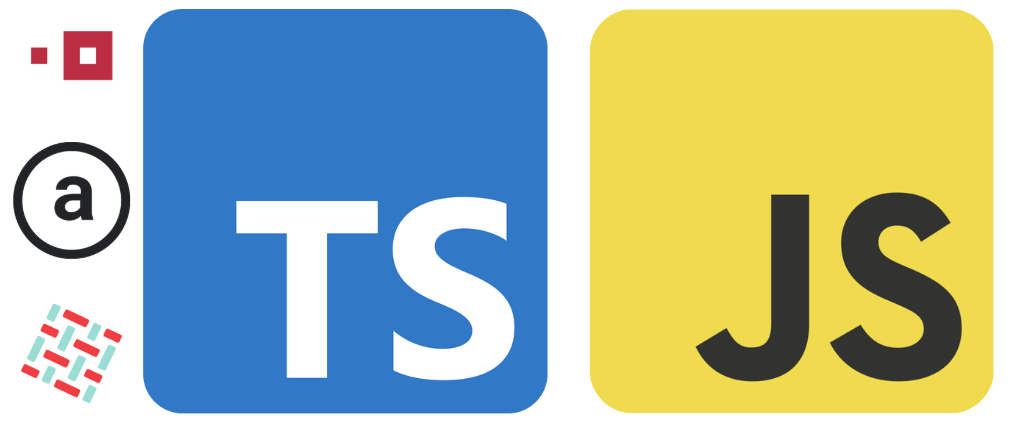
Rust: Security and Speed
Rust is a more challenging language with a steeper learning curve, but its emphasis on security and speed makes it a top contender. It's widely used for both blockchain infrastructure and smart contract development, particularly in blockchains like Solana, Polkadot, and Cosmos.
Rust also serves as the foundation for the Move language, developed by Meta, which powers blockchains like Sui and Aptos.
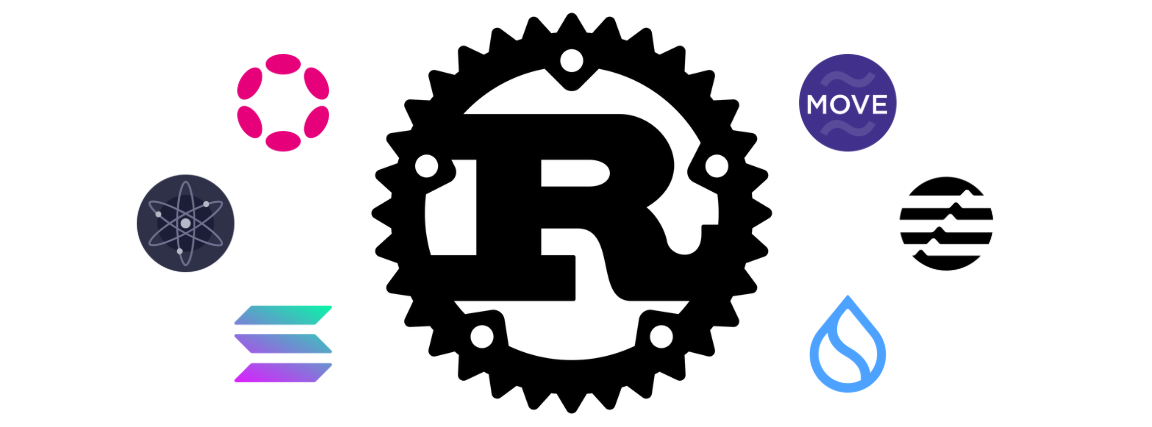
Go: Building Blockchain Infrastructure
Similar to Rust, Go is another excellent choice for building robust blockchain infrastructure. Its learning curve is comparable to Rust's, and its reliability is evident in its use for Ethereum's client and the entire Cosmos SDK.
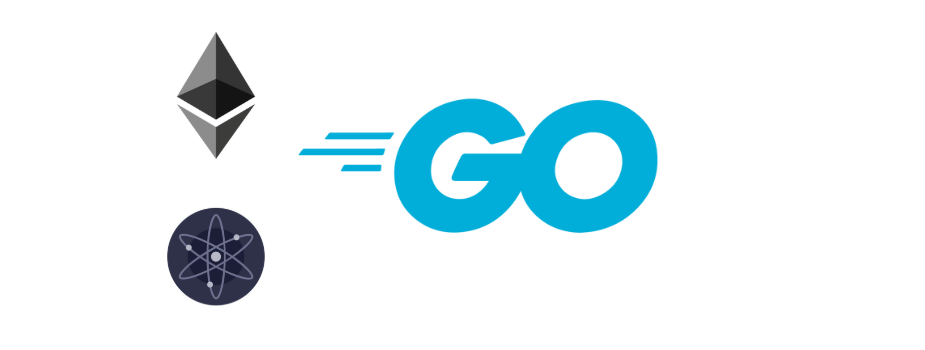
Solidity: The Smart Contract Standard
No discussion of web3 programming languages is complete without mentioning Solidity. It's the cornerstone of Ethereum and other Ethereum Virtual Machine (EVM) compatible blockchains. The EVM is the decentralized computing environment where Ethereum smart contracts execute. Think of it as the engine powering dApps on Ethereum and many compatible blockchains like Polygon and Avalanche.
Important Note: Solidity's primary use case currently lies within the web3 domain.
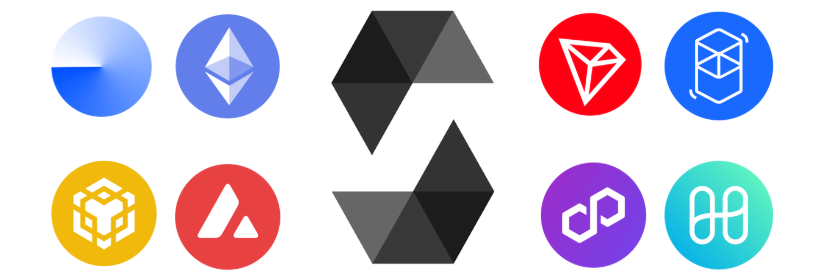
Python: Versatility and Beginner-Friendliness
Python is a highly versatile language with a beginner-friendly syntax. It's well-suited for blockchain interaction, scripting, backend development, and automation. Python's ease of use makes it a great starting point for newcomers to web3.
Algorand, for example, offers PyTeal, a Python-based smart contract language.
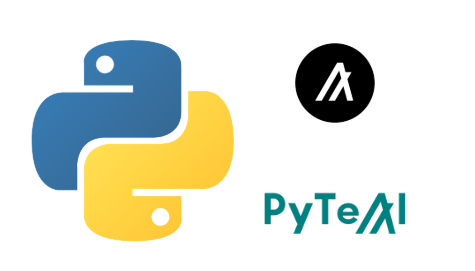
Beyond the Top 5
Don't worry if you're proficient in languages like C# or Java. You can still use these skills in the web3 space. While some blockchains may not provide official SDKs for these languages, you can create your own tools or infrastructure to interact with them.
In fact, if you're a C# or Java expert, consider developing an SDK for a specific blockchain and exploring grant opportunities. The web3 ecosystem is open to innovations and community contributions.
Conclusion
Each of these languages offers unique advantages, from the versatility of JavaScript/TypeScript to the performance and security of Rust and Go, and the specialized role of Solidity in smart contract development.
The web3 world is constantly evolving, and the demand for skilled developers is growing rapidly. By mastering these languages you can jump into the web3 world.
Keep Learning and Keep Rising!
